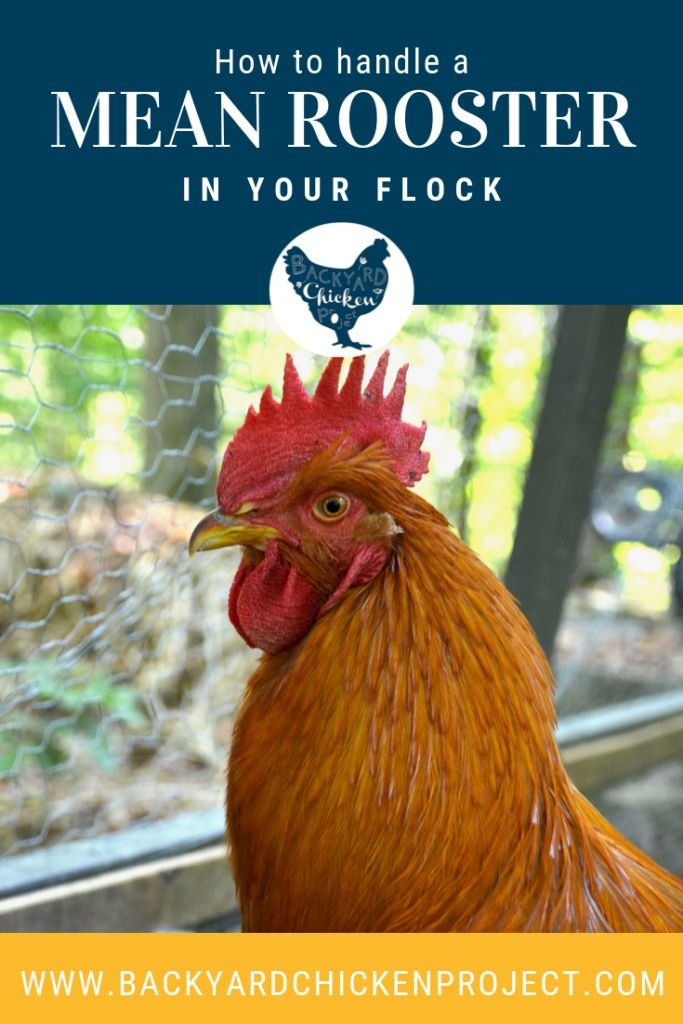
A bit like managing a team of rowdy kids, handling aggressive chickens takes patience, understanding, and a sprinkle of strategy. You might find yourself wondering if you need to take a stand or if there are steps you can take to bring harmony back to your flock. In this guide, we’ll dive deep into the world of chicken behavior, explore various reasons for aggression, and share some practical tips for keeping the peace in your coop.
Understanding Chicken Behavior
To tackle aggression in chickens, it helps to first understand their behavior. Chickens are social animals, and they have a complex hierarchy known as the pecking order. Just like school-aged kids, chickens have social games. They establish dominance through various behaviors, and sometimes that behavior can escalate into aggression.
You might be surprised to learn that aggressive behavior isn’t always about being mean. Sometimes, it stems from stress or fear. If a chicken feels threatened or insecure, it may become aggressive as a defense mechanism. Think of it like a kid acting out when they feel overwhelmed. Chickens can exhibit aggression in several ways, including pecking, chasing, or even squawking loudly to assert their dominance.
Recognizing aggression early is crucial. Signs include persistent pecking, a change in vocalizations, or if one bird consistently isolates others from the flock. Understanding these behaviors will give you the tools to intervene effectively.
Common Causes of Aggression
So, what triggers this aggressive behavior in chickens? There are several common causes you should be aware of.
- Establishing Dominance: As mentioned earlier, chickens have a pecking order. New birds or changes in flock dynamics can lead to aggressive behaviors as the chickens re-establish their social structure.
- Fear or Stress: Changes in environment, like new predators nearby, loud noises, or even changes in the weather can stress chickens. A stressed chicken may lash out.
- Lack of Space: If your chickens are cramped, they can become territorial and aggressive. Just like humans, they need personal space to feel comfortable.
- Illness: Sometimes, aggression stems from illness. A sick chicken may act aggressive due to discomfort or confusion.
When you understand the root causes of aggression, you can better address the issue. It’s essential to observe your flock and identify triggers. This way, you can make the necessary adjustments to their environment or social dynamics.
Steps to Calm Aggressive Chickens
Now that you understand the causes of aggression, let’s discuss how to calm those feathered fighters. Here are some steps you can take to create a more harmonious environment in your flock.
- Provide Adequate Space: Ensure your chickens have enough room to roam. A cramped coop can lead to territorial disputes. The general rule is at least 4 square feet per chicken inside the coop and 10 square feet per bird in the run.
- Introduce New Birds Gradually: If you’re adding new chickens to your flock, do it slowly. Isolate new birds for a few weeks, and allow the existing flock to see them without direct interaction. This helps them adjust.
- Monitor the Pecking Order: Keep an eye on how your chickens interact. If one chicken consistently bullies others, you may need to separate them temporarily to prevent injuries.
- Ensure Proper Nutrition: A well-fed chicken is a happy chicken! Make sure your flock has access to a balanced diet and clean water. Nutritional deficiencies can lead to stress and behavioral issues.
By taking these steps, you can help reduce aggression and ensure your chickens live in a peaceful environment.
Managing Individual Aggressive Chickens
In some cases, you might find a particularly aggressive chicken that just won’t back down. Managing an individual chicken can be tricky but manageable.
First, observe the aggressive chicken closely. Is it merely asserting dominance, or does it seem unusually anxious? If it’s purely aggressive, you might need to separate it from the flock. You can create a “timeout” area where the chicken can cool off without constant interaction with others.
After some time, you can reintroduce it to the flock. Often, this break can reset behaviors and allow the chicken to re-assess its role. However, if the aggression continues, you might have to consider long-term separation or finding a new home for the aggressive bird. It’s not ideal, but sometimes it’s necessary for the well-being of the flock.
Preventing Future Aggression
Once you’ve managed your aggressive chickens, the next step is prevention. Proactive measures can save you a lot of headaches down the line.
Start by maintaining a stable environment for your chickens. Sudden changes can trigger stress and aggression. Also, keep the coop clean to minimize health issues, as a dirty environment can lead to sickness among your flock.
Furthermore, consider enriching your chickens’ environment. Providing toys, scratching posts, or even hanging treats can keep them entertained and reduce boredom, which can often lead to aggressive behaviors.
Lastly, keeping an eye on the dynamics of your flock will help you spot potential issues before they become serious problems.
When to Seek Professional Help
If you find yourself overwhelmed with aggressive chickens despite your best efforts, it might be time to bring in some expert advice. A veterinarian or an animal behaviorist can provide insights and strategies specific to your flock’s situation.
Here’s a simple checklist to consider when seeking help:
- Have you tried all the suggested management techniques?
- Is the aggression causing injuries to your chickens?
- Are there environmental stressors you haven’t addressed?
Seeking help is nothing to be ashamed of; sometimes, outside expertise is just what you need to ensure a harmonious flock.
Handling aggressive chickens in your flock can feel like tackling a tricky puzzle, but with the right approach, you can create a peaceful environment for your birds. By understanding their behavior, identifying causes of aggression, and taking proactive steps, you can foster a cooperative community among your chickens. Remember, patience is key—transitioning a flock to peaceful coexistence takes time and observation.
So whether it’s providing enough space, monitoring their interactions closely, or consulting with experts when needed, you have the tools to keep your chickens happy and healthy. By nurturing a balance in your coop, you’ll not only enjoy watching your chickens thrive but will also find joy in the fun little quirks each bird brings to your backyard.

